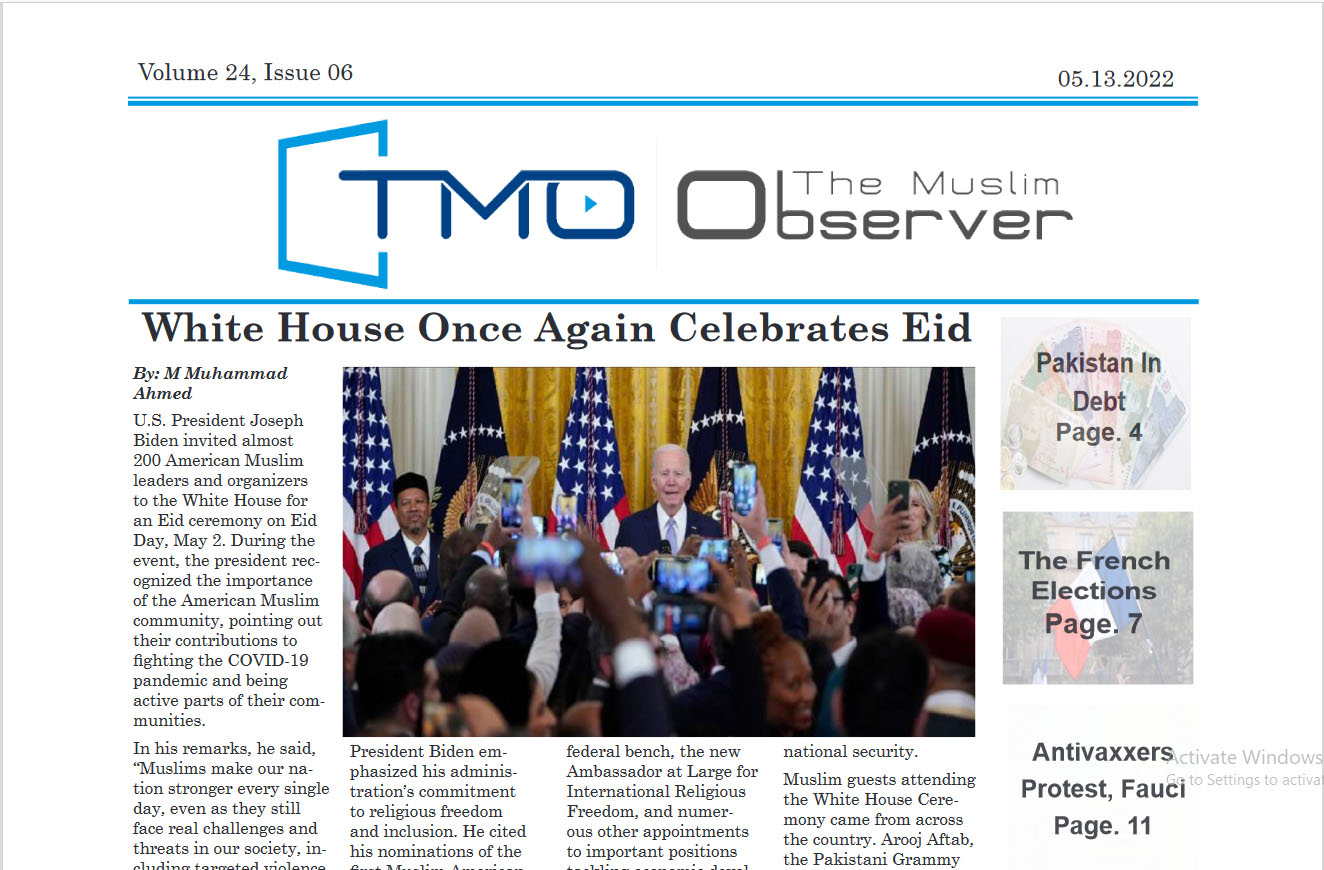Examples of Advanced Ancient Technology
By Harun Yahya
Excerpted from the book A Historical Lie: the Stone Age
Cogs Used by the Mayans
Research in regions inhabited by the Mayans shows that they used devices containing cogwheels.
 The photograph overleaf, taken in the major Mayan city of Copan, is one of the proofs of this. A society using cogwheel technology must also possess a knowledge of mechanical engineering.
The photograph overleaf, taken in the major Mayan city of Copan, is one of the proofs of this. A society using cogwheel technology must also possess a knowledge of mechanical engineering.
It is impossible for anyone lacking this knowledge to produce a cogwheel mechanism. For example, if you were asked to produce a similar mechanism to that in the photograph, then without the appropriate training you could not do so, nor ensure that the mechanism would function properly.
Yet that the Mayans managed to do this is an important indicator of their level of knowledge, and proves that those who lived in the past were not “backward,†as evolutionists claim.
The examples up to now are only a few that demonstrate the advanced levels of civilization achieved by communities in the past. These point to one very significant truth: The evolutionist thesis imposed for so many years, that societies in the past lived simple, backward, primitive lives, is simply wrong. Societies with different levels of civilization and different cultures have existed in all ages; yet none evolved from any other. The fact that some backward civilizations existed 1,000 years ago does not mean that history itself evolved, or that societies progress from the primitive to the more advanced. Because alongside these backward communities, there were also highly advanced ones that made huge strides in science and technology and founded deep-rooted civilizations. Yes, cultural interaction and the accumulated knowledge handed down through generations may well play a role in societies’ development. But this is not evolution.
In citing examples of the communities that lived in the past, the Qur`an tells us that some of these did indeed build advanced cultures:
Have they not traveled in the Earth and seen the final fate of those before them? They were greater than them in strength and left far deeper traces on the Earth . . .
Al Ghaffar:21
Have they not traveled in the land and seen the final fate of those before them? They were more numerous than them and greater in strength and left more and deeper traces on Earth, but what they earned was of no use to them.
Al Ghaffar:82
How many wrongdoing cities We destroyed, and now all their roofs and walls are fallen in; how many abandoned wells and stuccoed palaces!
Al Hajj:45
These statements imparted in the Qur`an are supported by archaeological findings. When archaeological discoveries and the sites where past communities lived are examined, it can indeed be seen that most of these societies enjoyed a higher level than some present-day communities, and that they made enormous advances in the fields of construction technology, astronomy, mathematics and medicine. This yet again invalidates the Darwinist myth of the evolution of history and societies.
The Impasse of Language Evolution
In recounting the myth of the evolution of mankind’s history, evolutionists encounter a number of serious problems. One is how human consciousness emerged in the first place. Another concerns the origin of speech—one characteristic that distinguishes human beings from all other living creatures.
When we speak, we are able to shape our thoughts thanks to language, and to express them in such a way that another party can understand them. Although this requires highly specialized muscular movements of the lips, throat and tongue, we are hardly aware of this. We merely “want†to speak. Sounds, syllables and words emerge through the harmonious contraction and relaxation of some 100 different muscles, and sentences comprehensible to others are formed by the appropriate sequences of such grammatical elements as subject, object and pronoun. The fact that we do nothing more than “wish†to use such an ability, based on such complex stages, clearly shows that speech is not merely an ability that arises from essential biological structures.
The human capacity for speech is an exceedingly complex phenomenon that cannot be explained in terms of the imaginary requirements or mechanisms of an evolutionary process. Despite lengthy research, evolutionists have been unable to produce any evidence that an exceedingly complex ability like speech evolved from simple animal-like sounds. David Premack from Pennsylvania University made this failure abundantly clear when he said, “Human language is an embarrassment for evolutionary theory . . .â€
The well-known linguist Derek Bickerton summarizes the reasons for this “embarrassment:â€
Could language have come directly out of some prehuman trait? No. Does it resemble forms of animal communication? No . . . no ape, despite intensive training, has yet acquired even the rudiments of syntax . . . how words emerged, how syntax emerged. But these problems lie at the heart of language evolution.
All languages on Earth are complex, and not even evolutionists are able to imagine how such complexity could have been acquired gradually. According to the evolutionist biologist Richard Dawkins, all languages—even the tribal ones regarded as most primitive—are highly complex:
My clear example is language. Nobody knows how it began . . . Equally obscure is the origin of semantics; of words and their meaning . . . all the thousands of languages in the world are very complex. I am biased towards thinking it was gradual, but it is not quite obvious that it had to be. Some people think it began suddenly, more or less invented by a single genius in a particular place at a particular time.
Two evolutionist brain researchers, W.K. Williams and J. Wakefield of Arizona State University, say this on the subject:
Despite the lack of evidence for intermediate stages in linguistic evolution, the alternatives are hard to accept. If some species-specific characteristic did not evolve in piecemeal fashion, then there would seem to be only two ways to explain its appearance. Either it was put in place by some still-undiscovered force, perhaps through divine intervention, or it was the result of some relatively abrupt change in the development of the species, perhaps some sort of spontaneous and widespread mutation . . . but the fortuitous nature of such a happenstance mutation makes that explanation seem suspect. As has been pointed out (Pinker and Bloom, 1990), the chances against a mutation resulting in a system as complex and apparently so ideally suited to its task as is language are staggeringly high.
Professor of linguistics Noam Chomsky comments on the complexity of the ability to speak:
I’ve said nothing so far about the production of language. The reason is that there is little to say of any interest. Apart from peripheral aspects, it remains largely a mystery.
To anyone not trapped inside evolutionist preconceptions, the origin of the capacity for speech is perfectly clear. It is Almighty God Who bestows this ability on Man. God inspires speech in human beings and causes them to speak, as is revealed in a verse from the Qur`an:
. . . They will reply, “God gave us speech as He has given speech to everything. He created you in the first place and you will be returned to Him.â€
Fussilat:21
In the same way that evolutionists are unable to account for the complexity of the biological structures that enable speech, they are also unable to explain the origin of the consciousness that makes language possible. Human consciousness and the complexities of language show that language was created by a superior Intelligence that belongs to Almighty God, our Lord.
11-11













2009
1,145 views
views
0
comments